2011 iPhone buyers guide
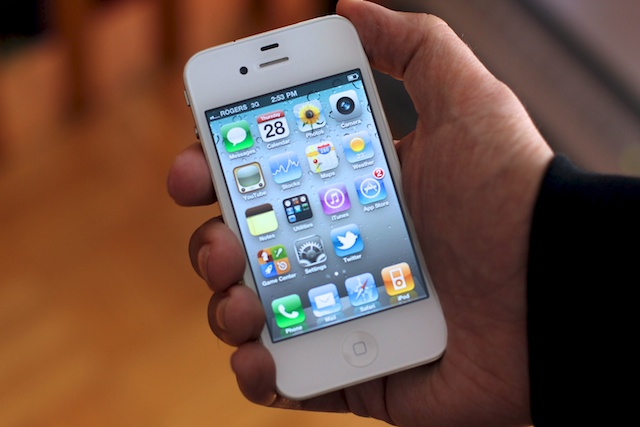
Trying to figure out if the iPhone is for you? Should you get it now or wait for the next generation to decide? Should you go with the flagship iPhone 4S or maybe a cheaper iPhone 4 or iPhone 3GS? Should you go with AT&T, Verizon, or Sprint? Is 16GB enough or do you need 32GB or even 64GB? Is white the best looking color or black a better bet? And what can you do with your old phone once you've taken the plunge?
Enter TiPb's 2011 iPhone Buyer's Guide. If you need help deciding, we've got your back. And hey, if you already know what you want, just copy this link and mail, tweet, or Facebook it to your family or friends -- we'll help them out so you won't have to!
Should you buy an iPhone or something else?
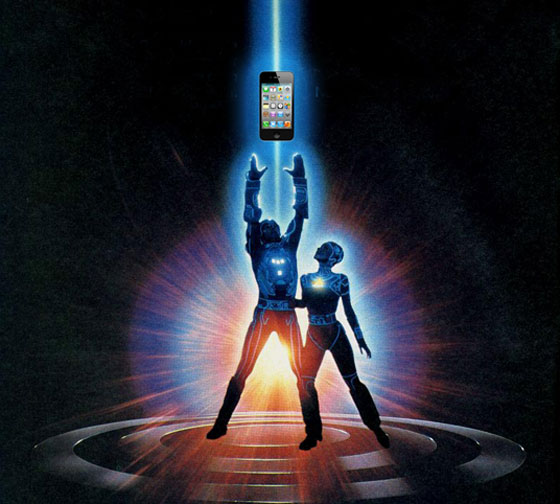
iPhone 4S is a phenomenal phone, and while the outside hasn't changed since last year the insides are all new, and all powerful. Twice as fast for computing, 7x as fast for graphics, with a 64GB option and a new 8 megapixel, F2.4, 1080p camera that puts a lot of point and shoots to shame, it's competitive with anything else on the market. But it's not the only device on the market and no one device is right for everyone anyway.
Here's the deal -- if you want something that "just works", that brings the best internet, apps, and games experience, that's supported by the massive iTunes and Apple ecosystem (tons of movies, TV shows, cases and accessories), and that allows some hacking via Jailbreak, then iPhone might be for you.
If you're not sure, we've written up a full breakdown, with all the pros on cons on whether or not you should get an iPhone 4S, if you should upgrade from an iPhone 4, iPhone 3GS, iPhone 3G, or original iPhone, or an Android, BlackBerry, webOS, or Windows Phone, or from a feature phone.
- Should you get an iPhone 4S?
Which iPhone should you buy?
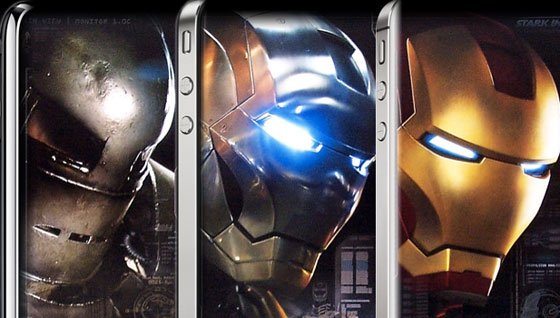
Maybe you've decided to get an iPhone but you're not entirely sold on the top-of-the-line iPhone 4S. Fair enough. Apple currently has 3 models on the market with different specs and price points. Here's how they stack up, both up front and in total cost of ownership terms over a 2 year contract.
- iPhone 4S, iPhone 4, or iPhone 3GS: Which should you get?
To help you get an ever better sense of what you can save compared to what you give up, here are our full reviews of the all current iPhone models on the market:
Master your iPhone in minutes
iMore offers spot-on advice and guidance from our team of experts, with decades of Apple device experience to lean on. Learn more with iMore!
When should you buy an iPhone?
So you know you're getting an iPhone and you know which one you're getting, your next decision is whether you should go get one now or wait for Apple to release the next generation iPhone next year and get more phone for the same price.
Buy in Fall
Apple has usually announced a new iPhone once a year, every year during the month of June. This year they waited until October, and they may well do that again next year. If you're reading this in in the fall or winter of 2011, a new iPhone has just been released and you can safely go buy it without worrying that it'll be made obsolete for roughly another year.
Stay away in summer
Conversely, if you're reading this in summer or fall 2012, Apple is probably just about to announce another new iPhone and unless you don't care and absolutely, positively have to have a new phone now, now, now you should hold off until they do. So far every new iPhone has been the same price -- $199 and $299 (and now $399)-- as the old one but offers way more hardware bang for the buck. At the same time the old model has so far been dropped in price (to $99 or ever free for the 2-year old model) so you can save if you need to.
In between, buy when you need
If you're reading this smack dab at the 6 month point, around spring of 2012, and you want to know if you should buy, here's the simple question to ask: Do you need it now?
If you've broken your current phone, lost it, or otherwise simply have to buy a new iPhone now get it and have no regrets. There will always be something new on the horizon but that won't help you if you need a phone now.
If you don't need it but just want it, wait as long as you possibly can wait then buy the best iPhone available when you can't wait any more.
What can you do with your old phone?
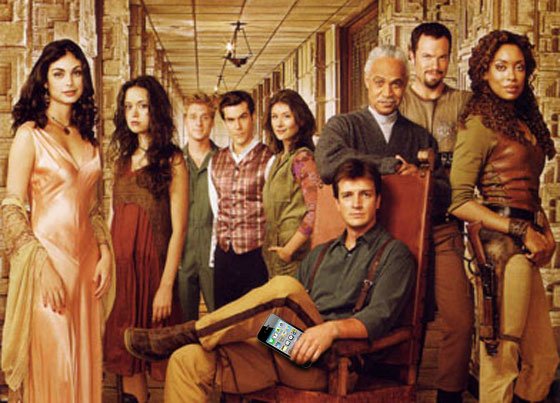
If you're getting a new iPhone, you may be wondering what you can do with your old phone. There's always the option of keeping it around as a backup, or if it's an old iPhone or smartphone, keeping it around as a media player (old iPhones make great iPods!). You could also give it to a friend or family member who needs it and would appreciate it.
Selling it is something you might also want to consider. There are a lot of options and a lot of things you need to keep in mind so you get the most money, and don't get ripped off.
Which carrier network should you choose?
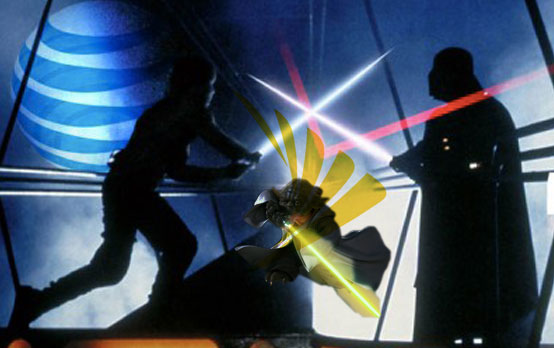
Once you've decided to pull the trigger on a new iPhone, the first thing you need to figure out is which carrier you want to use. It doesn't matter how good a phone is if you can't use it due to poor reception or data.
If you only have one good carrier in your area, that's the carrier you should go with. If you have two or more carriers that are all pretty much the same in your area, then it comes down to things like customer service, whether or not you already have a plan (especially business plans or family plans that would penalize you for switching, etc.), coverage in areas you may travel too, overall speed and reliability of the network, etc. If you're not sure ask your neighbors and colleagues which carriers they use and what they think of the service. Wherever you use your iPhone most, find out which carrier makes the people there the happiest.
AT&T vs. Verizon vs. Sprint
In the US there's currently a bigger decision to be made because the three iPhone carriers use different network technologies: AT&T on GSM and Verizon and Sprint on CDMA. Speed vs. coverage vs. reliability -- you have some choices to make. You won't be able to change later without breaking your contract and buying a new phone (they're not cross-compatible) so think it through. Here's some more information to help you decide:
- AT&T vs. Verizon vs. Sprint: Which iPhone 4S should you choose?
- Verizon and Sprint iPhone 4S and the limitations of CDMA
Note: iPhone 4S is a world phone, which means even if you buy the Verizon or Sprint CDMA models, you will be able to travel and roam on international GSM carriers as well.
Does storage size matter?
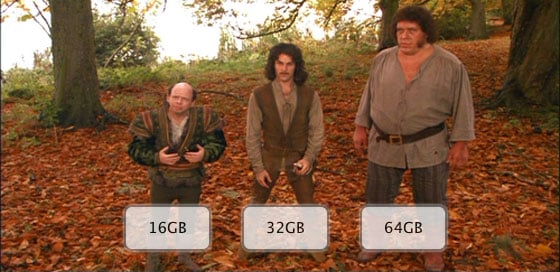
The iPhone comes in 16GB and 32GB, and for the first time ever, iPhone 4S comes in 64GB as well. But how much is enough? And will Apple's new online iCloud service mean you can get by with less local storage?
It costs $100 for every step up in storage, so it might be tempting to save some cash up front. However, games, movies, TV shows, and all the big photos and giant videos you shoot with your iPhone can add up.
We've broken down the prices and capacities, so if you're weighing your options, here what you should consider:
Black or white, which iPhone color looks best?
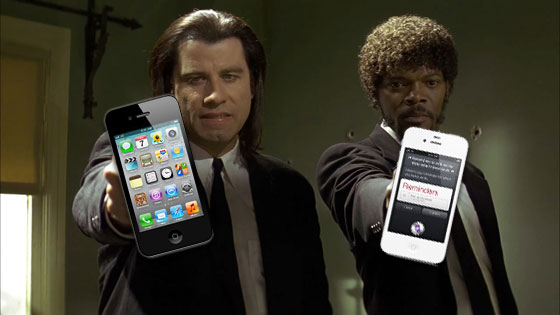
iPhones come in any color you want -- as long as it's black or white. Most often, one look is enough to know your favorite. However, there are some things to think about. Is the white color distracting when you play games or watch videos? Does it discolor over time? Does it have any issues with cases or other accessories?
We've gone over each of these, and here are the answers:
Where to buy?
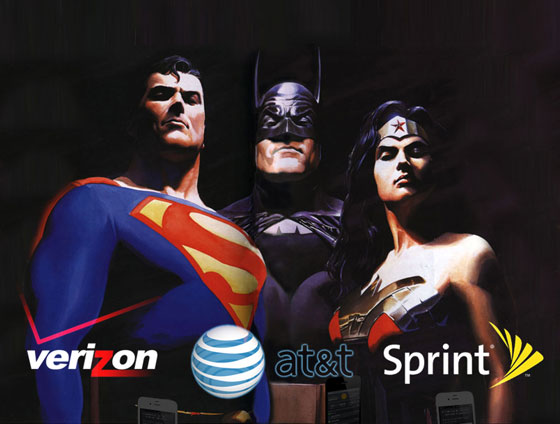
That's it. You know you're getting an iPhone, you know when, and you know on which carrier. You've done your homework, you've made your choice, and now it's time buy. But where you should you buy it?
Apple Retail and Apple Online
If you have an Apple Retail Store in your area you can go there, and if it's in stock, leave with your new iPhone right away. They also offer help with your purchase and will even help you get set up free of charge. If you're worried about protecting your investment, they can also get you setup with AppleCare, and their Genius Bar can help you with hardware problems in the future. Corny as it sounds, It's not just shopping, it's an experience. Apple Retail has the best customer service in the business and it shows. There are no discounts, however, not ever.
If there's no Apple Retail store near you there's also Apple Online in many countries. Again, no discounts but you're dealing directly with Apple.
In a lot of countries, Apple Retail and Apple Online are also the only places where you can get full price, officially unlocked GSM iPhones if that's an option you want. (Can be handy for frequent international travelers.)
Carrier Stores and big boxes
If you want brick-and-morter but don't have an Apple Store, your carrier will often have one or several stores in your area. Drop buy or get it shipped to you. If you're getting a upgrade discount or other carrier incentives it's a great way to get it all setup right away.
Big box and chain retailers, everything from Best Buy to the Shack to Tesco also carry iPhones. If you have loyalty points or they're just super convenient, check them out as well.
Buyer beware
Shady operators also try to sell discount iPhones, sometimes devices that aren't even really iPhones but cheap -- and highly breakable -- knockoffs. It goes without saying you should avoid those. Any deal too good to be true probably is. If you save money only to end up with a phone that doesn't run iOS and may not even run on your carrier you really just wasted your money.
After you buy
Once you've gotten your new iPhone and are ready to set it up, get apps, get accessories, maybe get Jailbroken, here's how to get going:
- iPhone 4S glossary
- How to setup your new iPhone 4S
- How to transfer your data over from your old iPhone to your new iPhone 4S
- How to transfer your data over from your old Android, BlackBerry, webOS or Windows Phone to your new iPhone
- iOS 5 for iPhone and iPad walkthrough
- iPhone 4S tips and how-tos
- iPhone Live! podcasts (with video!)
Need more help?
No article can cover every detail or address every unique circumstance or concern. Luckily TiPb also hosts the iPhone Forums, a vast community where users can ask questions, give feedback, and get help. Check them out:

Rene Ritchie is one of the most respected Apple analysts in the business, reaching a combined audience of over 40 million readers a month. His YouTube channel, Vector, has over 90 thousand subscribers and 14 million views and his podcasts, including Debug, have been downloaded over 20 million times. He also regularly co-hosts MacBreak Weekly for the TWiT network and co-hosted CES Live! and Talk Mobile. Based in Montreal, Rene is a former director of product marketing, web developer, and graphic designer. He's authored several books and appeared on numerous television and radio segments to discuss Apple and the technology industry. When not working, he likes to cook, grapple, and spend time with his friends and family.
